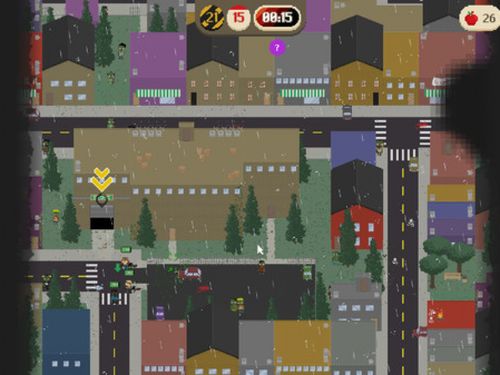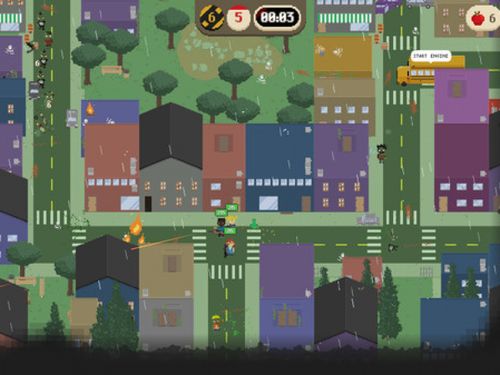
Bit by the Raccoon: Deadly Encounters and the Unseen Threat
Have you ever wondered about the potential dangers lurking in your own backyard? One such creature that often goes unnoticed but can pose a significant threat is the raccoon. Known for their mischievous nature and adaptability, these animals have a dark side that can turn deadly. In this article, we will delve into the various aspects of raccoon-related fatalities, exploring the causes, the risks, and the precautions you can take to stay safe.
Understanding the Raccoon’s Behavior

Raccoons are nocturnal creatures, primarily active during the night. They are highly intelligent and have a reputation for being clever and resourceful. However, this intelligence can also lead to dangerous situations. Raccoons are known to be curious and may investigate unfamiliar objects or areas, which can sometimes lead to encounters with humans.
The Dangers of Raccoon Attacks

While most raccoon encounters are harmless, there are instances where these animals can become aggressive. Here are some of the reasons why raccoons may turn deadly:
-
Defensive Behavior: Raccoons can become aggressive if they feel threatened or if their young are in danger. They may bite or scratch as a means of self-defense.
-
Food Competition: Raccoons are opportunistic feeders and may attack if they perceive a threat to their food source.
-
Illness or Injury: A raccoon that is sick or injured may exhibit unusual behavior and may be more prone to aggression.
Notable Raccoon Attacks

Over the years, there have been several notable cases of raccoon attacks that have made headlines. Here are a few examples:
| Year | Location | Description |
|---|---|---|
| 2016 | California, USA | A raccoon bit a woman on the neck while she was sleeping in her tent. |
| 2018 | Ontario, Canada | A raccoon attacked a man, causing severe injuries to his face and arms. |
| 2020 | Georgia, USA | A raccoon bit a child on the leg, leading to a rabies scare. |
Preventing Raccoon Attacks
While it is impossible to eliminate all risks of raccoon attacks, there are steps you can take to reduce the likelihood of such encounters:
-
Secure Your Property: Keep garbage cans tightly sealed and remove any food sources that may attract raccoons.
-
Be Mindful of Your Surroundings: If you encounter a raccoon, maintain a safe distance and avoid making sudden movements.
-
Do Not Approach Wild Animals: If you see a raccoon acting aggressively or displaying signs of illness, do not attempt to touch or feed it.
The Role of Rabies
Rabies is a significant concern when it comes to raccoon attacks. Raccoons are one of the primary carriers of rabies in North America. If a raccoon bites you, it is crucial to seek medical attention immediately. Here are some key points to remember:
-
Rabies Symptoms: Look out for symptoms such as fever, headache, and confusion in raccoons.
-
Post-Exposure Prophylaxis (PEP): If you are bitten by a raccoon, you may need to undergo a series of rabies vaccinations.
-
Reporting the Incident: If you are bitten by a raccoon, report the incident to local authorities to ensure proper testing and treatment.
Conclusion
While raccoons are fascinating creatures, it is important to recognize the potential dangers they can pose. By understanding their behavior, taking precautions, and being aware





